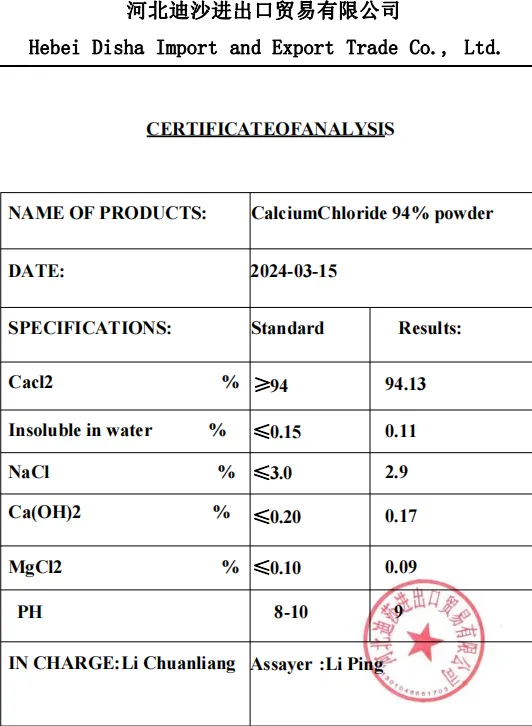Warning: Undefined array key "title" in /home/www/wwwroot/HTML/www.exportstart.com/wp-content/themes/1198/header.php on line 6
Warning: Undefined array key "file" in /home/www/wwwroot/HTML/www.exportstart.com/wp-content/themes/1198/header.php on line 7
Warning: Undefined array key "title" in /home/www/wwwroot/HTML/www.exportstart.com/wp-content/themes/1198/header.php on line 7
Warning: Undefined array key "title" in /home/www/wwwroot/HTML/www.exportstart.com/wp-content/themes/1198/header.php on line 7
- Afrikaans
- Albanian
- Amharic
- Arabic
- Armenian
- Azerbaijani
- Basque
- Belarusian
- Bengali
- Bosnian
- Bulgarian
- Catalan
- Cebuano
- China
- China (Taiwan)
- Corsican
- Croatian
- Czech
- Danish
- Dutch
- English
- Esperanto
- Estonian
- Finnish
- French
- Frisian
- Galician
- Georgian
- German
- Greek
- Gujarati
- Haitian Creole
- hausa
- hawaiian
- Hebrew
- Hindi
- Miao
- Hungarian
- Icelandic
- igbo
- Indonesian
- irish
- Italian
- Japanese
- Javanese
- Kannada
- kazakh
- Khmer
- Rwandese
- Korean
- Kurdish
- Kyrgyz
- Lao
- Latin
- Latvian
- Lithuanian
- Luxembourgish
- Macedonian
- Malgashi
- Malay
- Malayalam
- Maltese
- Maori
- Marathi
- Mongolian
- Myanmar
- Nepali
- Norwegian
- Norwegian
- Occitan
- Pashto
- Persian
- Polish
- Portuguese
- Punjabi
- Romanian
- Russian
- Samoan
- Scottish Gaelic
- Serbian
- Sesotho
- Shona
- Sindhi
- Sinhala
- Slovak
- Slovenian
- Somali
- Spanish
- Sundanese
- Swahili
- Swedish
- Tagalog
- Tajik
- Tamil
- Tatar
- Telugu
- Thai
- Turkish
- Turkmen
- Ukrainian
- Urdu
- Uighur
- Uzbek
- Vietnamese
- Welsh
- Bantu
- Yiddish
- Yoruba
- Zulu
Ago . 21, 2024 08:16 Back to list
Nontoxic Propylene Glycol Applications and Benefits in Various Industries
Non-Toxic Propylene Glycol A Versatile and Safe Compound
Propylene glycol, a synthetic liquid substance that absorbs water, is widely used in various industries due to its unique properties. It is a colorless, odorless, and hygroscopic compound produced from petrochemical feedstocks. However, what distinguishes a particular grade of propylene glycol is its non-toxic nature, which has led to its growing acceptance in food, pharmaceutical, and cosmetic applications.
Safety and Toxicity
One of the most significant advantages of non-toxic propylene glycol is its safety profile. The substance is recognized as generally recognized as safe (GRAS) by the U.S. Food and Drug Administration (FDA) for use in food products. Unlike ethylene glycol, which is highly toxic and poses serious health risks, propylene glycol is considered safe for human consumption and is used in small amounts in various food products. Its low toxicity allows it to be safely ingested, making it a popular choice in the formulation of food additives, flavorings, and colorings.
Furthermore, propylene glycol is utilized in pharmaceuticals as a solvent for oral, injectable, and topical medications. Its non-toxic nature ensures that it can be administered safely in various forms, from ointments to intravenous solutions. The World Health Organization (WHO) has established acceptable daily intake levels for propylene glycol, reinforcing its safety for use in healthcare products.
Industrial Uses
non toxic propylene glycol

Beyond food and pharmaceuticals, non-toxic propylene glycol has found a significant place in the cosmetic and personal care industry. It serves as a humectant, which helps retain moisture, enhancing the texture and stability of products such as lotions, creams, and shampoos. Its ability to dissolve many ingredients makes it a versatile component in formulations, allowing for improved product efficacy.
In addition to personal care, propylene glycol is applied in various industrial applications. It is commonly used in antifreeze formulations and as a coolant in refrigeration systems due to its low freezing point. Non-toxic propylene glycol is preferred in situations where accidental ingestion may occur, such as in food processing plants or places where children may be present.
Environmental Considerations
Propylene glycol also demonstrates a favorable environmental profile. Unlike many other synthetic compounds, it is biodegradable and has a low overall toxicity to aquatic life. This characteristic makes it an appealing choice for consumers and manufacturers concerned about environmental impact. The shift towards eco-friendly products has further increased the demand for non-toxic ingredients in various sectors, including cleaning agents and industrial applications.
Conclusion
In summary, non-toxic propylene glycol is a versatile compound that plays a crucial role across multiple industries. Its safety profile, acknowledged by health authorities, coupled with its functional benefits in food, pharmaceuticals, cosmetics, and industrial applications, underscores its importance in modern manufacturing and formulation. As consumers become more aware of product ingredients and their implications for health and the environment, the demand for non-toxic alternatives will likely continue to rise. Propylene glycol stands out as a safe, effective, and environmentally friendly option, making it an invaluable component in today’s marketplace.
Latest news
-
Certifications for Vegetarian and Xanthan Gum Vegetarian
NewsJun.17,2025
-
Sustainability Trends Reshaping the SLES N70 Market
NewsJun.17,2025
-
Propylene Glycol Use in Vaccines: Balancing Function and Perception
NewsJun.17,2025
-
Petroleum Jelly in Skincare: Balancing Benefits and Backlash
NewsJun.17,2025
-
Energy Price Volatility and Ripple Effect on Caprolactam Markets
NewsJun.17,2025
-
Spectroscopic Techniques for Adipic Acid Molecular Weight
NewsJun.17,2025

